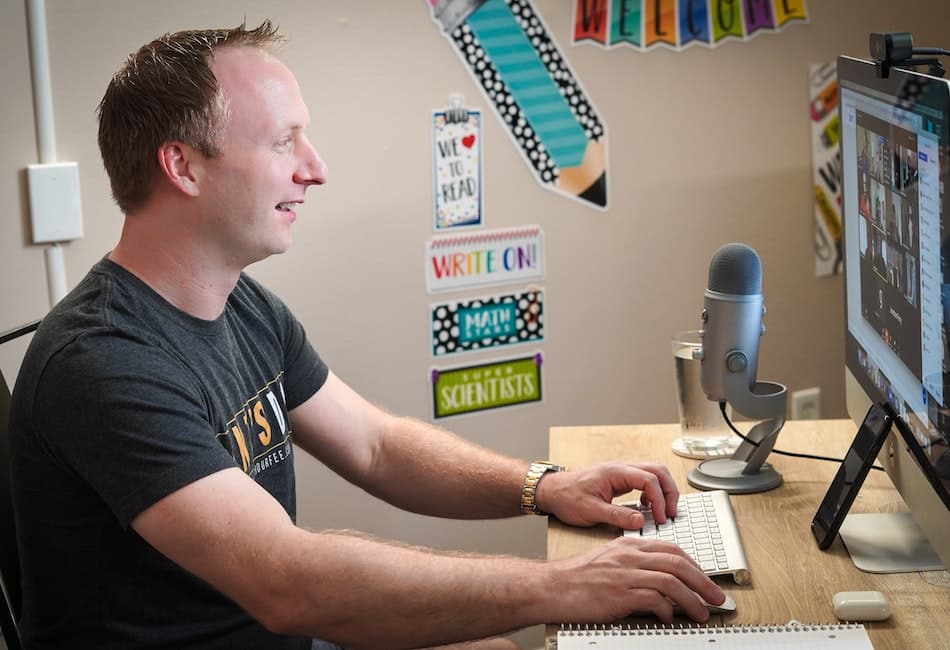Artificial Intelligence (AI) is getting more advanced every day. Many different ways AI applies to our daily lives, including creating and editing content. On the other hand, AI podcast editing tools have been developed to change how podcasts are made and consumed.
Among the barriers prohibiting people from starting a podcast is it takes time, effort, and specialist knowledge to record and edit. These gradually break down with new AI developments in place.
To understand the future of podcasting, here are the latest and exciting developments in AI podcast editing tools.
Interesting Developments About AI Podcast Editing Tools
1. AI Podcast Transcription

While audio transcription tools aren’t exactly a new development, the rise of AI has helped these tools reach a whole new level of functionality. Thanks to natural language processing (NLP) and improvements in machine learning, AI-powered podcast transcription tools now work with incredible speed and accuracy.
With that said, Wavve’s AI-driven transcription tool can create accurate written versions of your audio content.
Transcribing podcasts offers many benefits to brands and content creators. These include:
- Transcriptions to assist with SEO efforts
- Improve the user experience for your listeners
- Create detailed show notes
- Make your podcasts more accessible
- Repurpose your recorded podcast with text transcription
Interestingly, only 1% of today’s podcasts are transcribed. Therefore, 99% of podcast content is exclusionary and not optimized to reach its full potential.
2. Turn Text Into Podcasts
While AI podcast editing tools also transcribe audio content to text, you can harness the power of AI to turn text into podcasts.
There are available tools that allow you to build a podcast script. As a matter of fact, you can choose a human-sounding AI voice and turn this script into a spoken podcast. You can even use a clone of your own voice.
This exciting new development can help brands create podcasts easily, as they don’t need to do actual recording. It’s particularly useful if you are not a confident speaker or not keen on starring as your own podcast host.
3. Podcast-To-Video Tools

Another exciting AI podcast editing development is that you can turn recorded audio content into videos.
With a platform like Wavve, anyone with a podcast can turn their recorded audio into engaging video clips for social media. This is a great way to highlight podcast episode clips, promote guests, or share podcast snippets with your audience. It helps boost engagement and drive more interest, not to mention you can easily repurpose your audio content.
4. AI Voice Overdubs And Text Editing
AI podcast editing tools’ new development can turn a podcast into text and edit it like a Word document.
Instead of editing the soundwave and listening to the podcast, some platforms cut and edit a text version of your podcast. It will turn the podcast into text and break this down based on who’s speaking.
Then, you can manipulate the podcast via the script in the word processor. This can make on-the-fly podcast editing a lot more convenient. Descript has made this popular as one of the first to offer it.
Not only this, but you can now create an AI podcast voice double. You train the machine learning algorithm by reading text sections out loud. The AI software will use this to generate sentences using your own voice.
When editing your podcast, use this tool to overdub mistakes in the recording, add new sections, or generate new content. It doesn’t require extra audio recording, so it’s easier to guarantee your podcasts are accurate and error-free.
5. Audio Deepfakes
Deepfakes are a relatively new development in the technology and AI world, where videos or audio are used to impersonate real people. A deepfake video looks just like the actual person, usually a celebrity, but is generated entirely using AI.
The same idea applies to podcasts and audio recordings. Trained to recognize and copy other people’s voices, AI podcast editing tools create fake impersonations of a person in a podcast.
Let’s take the AI platform called Dessa as an example. It recently used Joe Rogan’s popular podcast to train its machine-learning algorithm and impersonate the podcast host. Since Rogan has plenty of recorded audio content, using this as training data for the AI tool is convenient.
Certainly, we don’t recommend faking people’s voices without their consent, as it comes with an array of ramifications.
6. Entire AI-Generated Podcasts
While AI podcast editing tools may change how we edit podcasts, AI can help generate the entire podcast from scratch.
For example, a procedurally-generated podcast can generate a unique episode each time someone listens to it. AI podcasts can produce a new storyline, voice, or event when someone listens to it based on user behavior.
While these podcasts are still in the early development phase, it shows how much potential AI technology has to reimagine the way podcasts are created.
Summary

With the development of AI technology, the potential for podcast editing is seemingly limitless. AI and machine learning offer new possibilities for producing and editing content – a total game changer for podcast creators.
While this technology may seem daunting, it also creates numerous opportunities. Use AI tools to develop better podcasts conveniently and improve how you promote them.
Without a doubt, these new editing tools will empower you to show up more often, have more impact, and reach more people with your podcasts.
I’m the CEO of Wavve. I love encouraging creators and entrepreneurs to share their stories and lead with purpose.

